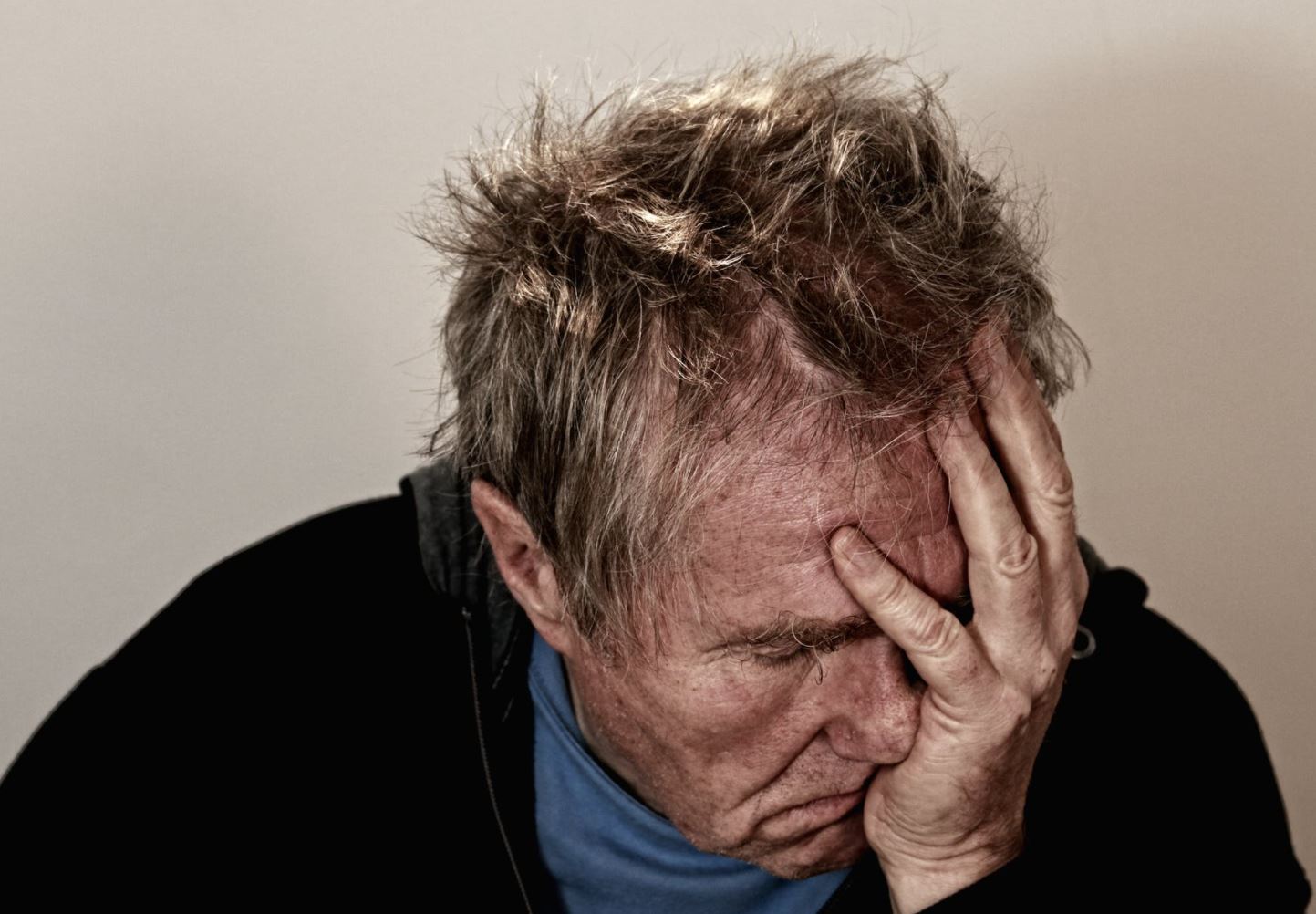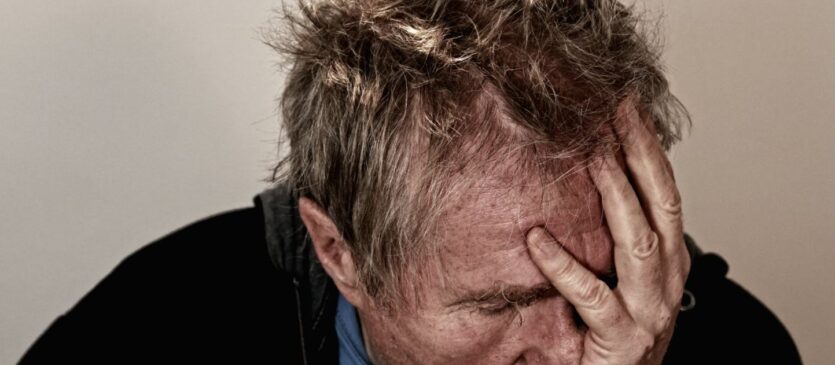Depression can happen to us as we age. Depression in older adults may often be ignored, minimized, and come unrecognized. Here are some ways on how you can spot the signs of depression in older adults, especially for your family members.

Depression and Aging
With older adults or elderly people having different kinds of discomforts and ailments as they age, it’s important to check on their well-being as well. Not just their physical health, you must also make sure that their mental health is in shape.
As your elderly loved ones age, they may undergo many changes in their lives. Their own circle becomes smaller as their peers pass on. They may also undergo different physical changes and many of these may come with their various health conditions or restrictions. This said, it’s important to take stock of how they’re really doing. Do they struggle with inexplicable sadness and heaviness, emptiness and hollowness? Have you noticed that they’ve lost interest in the things they used to enjoy? Do they express feelings of loneliness, helplessness, and hopelessness? Many fail to recognize the signs of depression. Furthermore, not many take the steps to get the help that they need.
Here’s why depression in older adults may sometimes be overlooked:
- You may think that your elderly parent or older adult may just be going through something
- The changes in behavior and mood may just be part of aging
- You may not always be there to see their distress or depression
- The physical signs they’re going through may be signs of depression but are ignored
- They may hide from you what they’re going through
- They may be reluctant to ask for help
Signs of Depression in Older Adults
The red flags to watch out for, as a family member of an older adult or an elderly person are the following:
- Sadness
- Feelings of despair or hopelessness
- Unexplained aches and pains
- Loss of interest in hobbies
- Loss of interest in socializing; isolation
- Lack of motivation or energy
- Sleep disturbances (difficulty sleeping or staying asleep, oversleeping)
- Decrease or loss of self-worth
- Neglecting personal care
- Hoarding
- Slowed movement or speech
- Memory problems
- Increased use of alcohol, drugs, or other substances
- Fixation on death; thoughts about self-neglect or suicide
It’s important to note that not all who are depressed actually feel sad. Some may not feel sad but instead lack motivation, have low energy, or experience physical problems. It’s important to speak to a professional and have them check with your elder adult for signs that may be associated with the behavior or condition. There may be conditions that cause depression as well. Therefore, it’s best to seek consultation for proper treatment.

Recent Comments